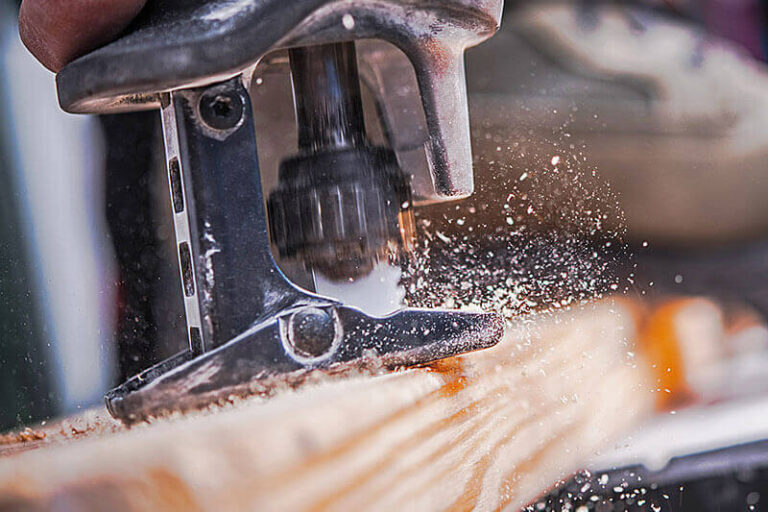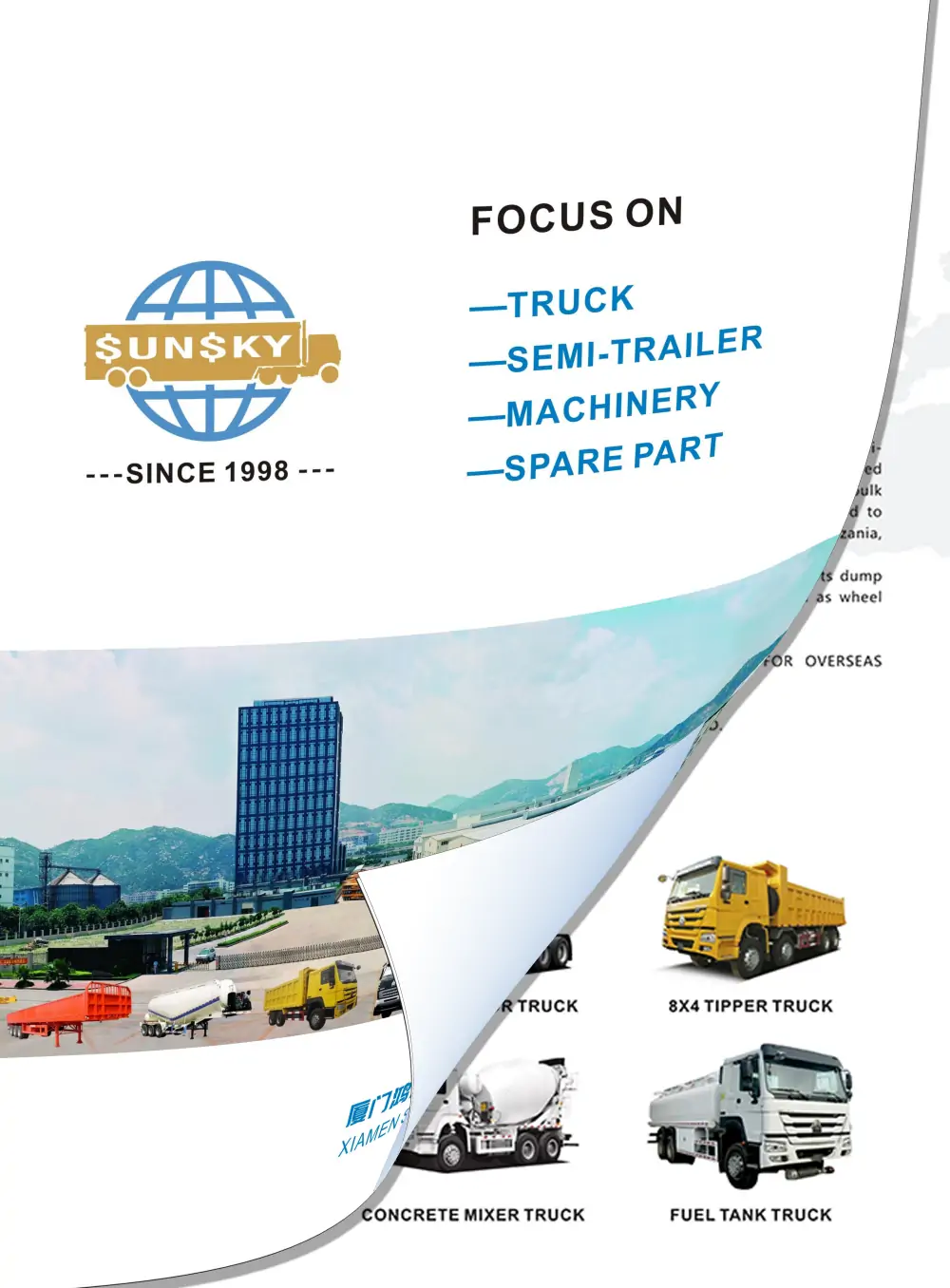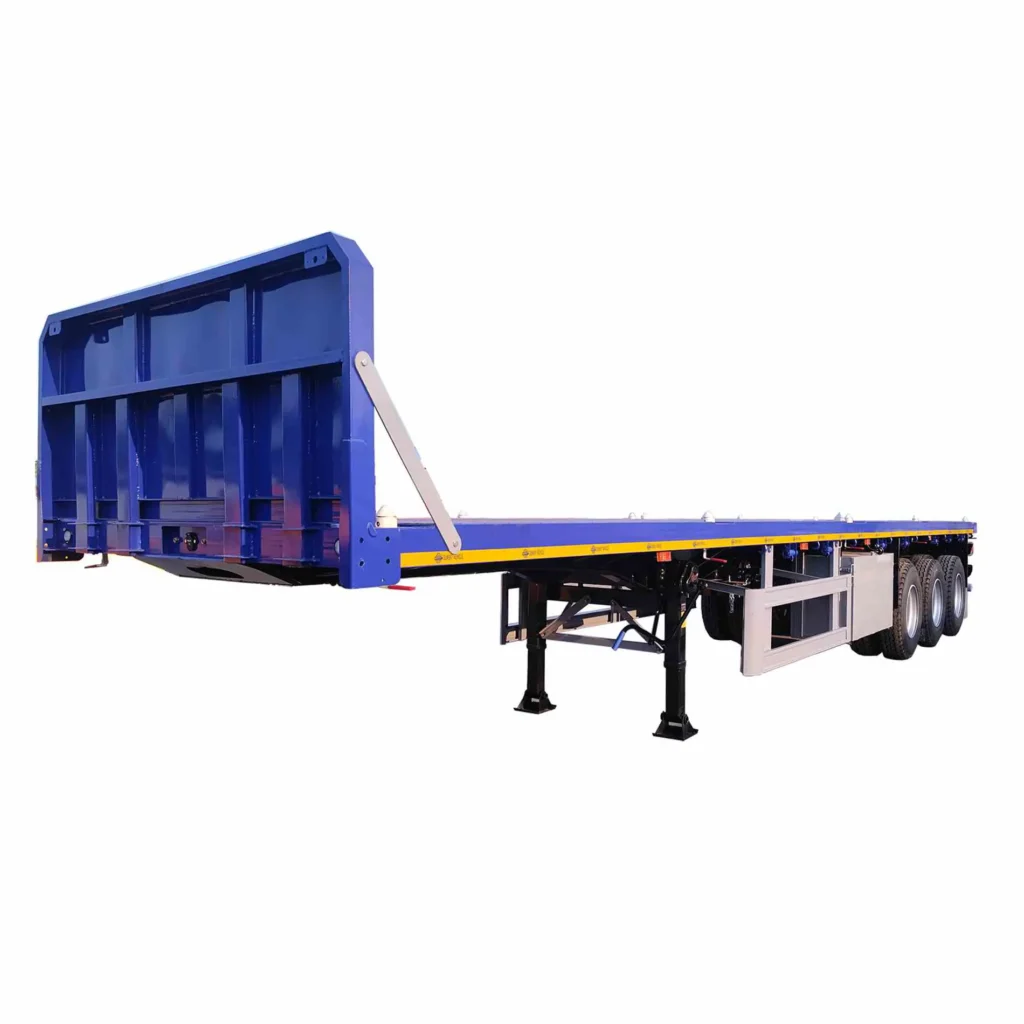
Car Carrier Trailer
Trusted car carrier trailers built for precision auto transport. Our vehicle transporters deliver maximum capacity with unmatched safety and dependable performance.
What is Car Carrier Trailer?
A car carrier trailer, also widely known as an auto transport trailer, vehicle transporter, or car hauler, is a specialized semi-trailer or full trailer designed specifically for the safe and efficient transportation of multiple automobiles. Unlike general freight trailers, these units feature multiple adjustable decks, ramps, and sophisticated securement systems to accommodate various car sizes, from sedans to SUVs. The decks can often be hydraulically lowered, raised, or tilted to optimize loading space and provide clearance, maximizing the number of vehicles transported per trip. Car carrier trailers are essential for the automotive industry, facilitating the movement of new cars from factories to dealerships, used cars for auctions, or personal vehicles for relocation.
vehicle transporter application scenarios
Car carrier trailers, including auto transport trailers and vehicle transporters, are indispensable for a wide array of scenarios demanding the efficient and secure movement of vehicles.

New Vehicle Distribution: The primary use is transporting newly manufactured cars, trucks, and SUVs from assembly plants to dealerships nationwide or to major distribution hubs. This ensures a steady supply of new inventory.

Used Vehicle Logistics: Hauling used cars between auctions, dealerships, rental car agencies, or private sellers. This includes high-volume movements for vehicle remarketing.

Personal Vehicle Relocation: Transporting individual or family vehicles across long distances, often for people moving states or regions, ensuring their personal cars arrive safely.

Specialty Vehicle Transport: Moving classic cars, luxury vehicles, sports cars, or show vehicles that require enclosed transport or extra care during transit.

Fleet Management & Rentals: Relocating rental car fleets between branches, or moving company vehicles for internal restructuring or maintenance.

Auction and Remarketing Services: Facilitating the movement of vehicles to and from auto auctions, which are high-volume environments requiring quick turnaround.
Standard configuration
-
SUNSKY axle
-
12R22.5 Tires
-
LED light system
-
standard 20/40 feet
-
surface paint process
-
Leaf spring suspension
-
12-lock mid-container design
Customizable options
-
water tank
-
plastic bracket
-
Auxiliary fuel tank
-
Number of locks: 4/8/12
-
standard style/gooseneck style
-
Rear tailgate container door baffle
-
BPW/Triangle/FUWA axles as needed
Looking for some new designs ?
car carrying trailer detail design
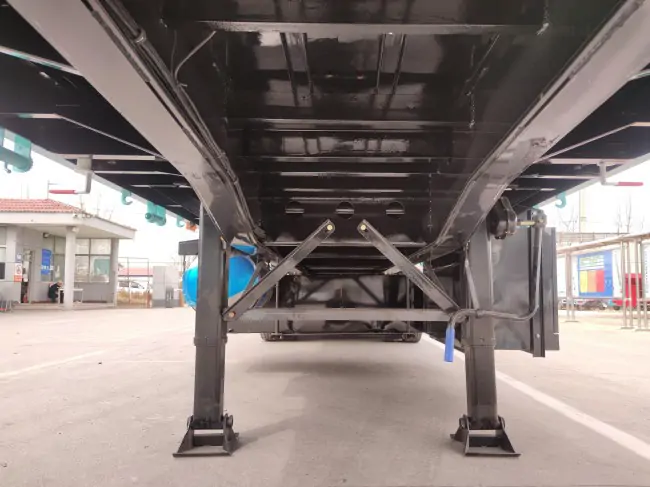
Multi-Level Deck System:Features several adjustable decks, typically hydraulic, that can be raised, lowered, or tilted. This maximizes space utilization, allowing safe loading of various vehicle sizes and increasing payload capacity on a single auto transport trailer.
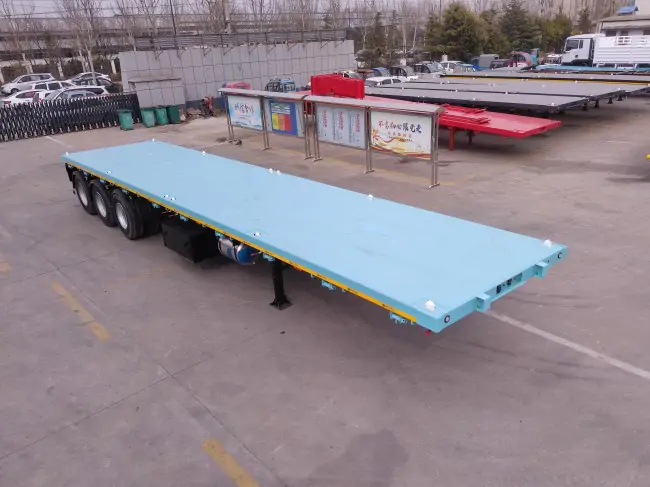
Advanced Securement Systems:Equipped with specialized wheel straps, chains, and securement points on each deck. These firmly fasten vehicles in place, preventing movement, damage, or dislodging during transit, ensuring maximum safety for the entire car hauler load.
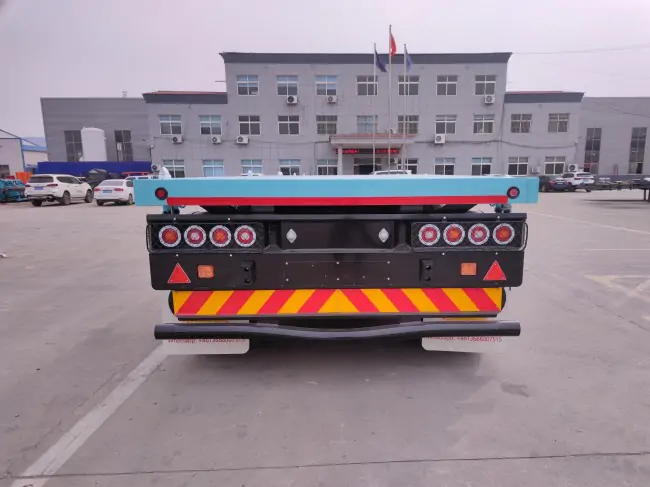
Integrated Hydraulic Ramps:Incorporates hydraulic ramps for smooth and efficient vehicle loading and unloading between levels. This design allows for precise positioning of cars and often reduces the need for external loading equipment, streamlining operations for the vehicle transporter.
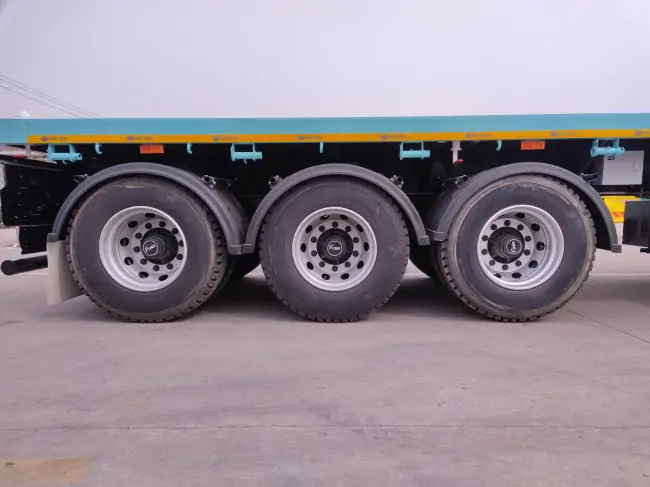
Robust Chassis & Suspension: Built on a heavy-duty, high-strength steel chassis designed to handle concentrated vehicle weights. Advanced air ride or mechanical suspensions ensure a stable, smooth ride, protecting vehicles from road shock and enhancing durability for the car carrier trailer.
Video of aluminum car carrier trailer
Flatbed Trailer with Henred-type axles and suspension
3-axle flatbed Trailer with Piles
40FT flatbed Container Trailer
flatbed traiiler with dangler trailer

You may also be interested in...
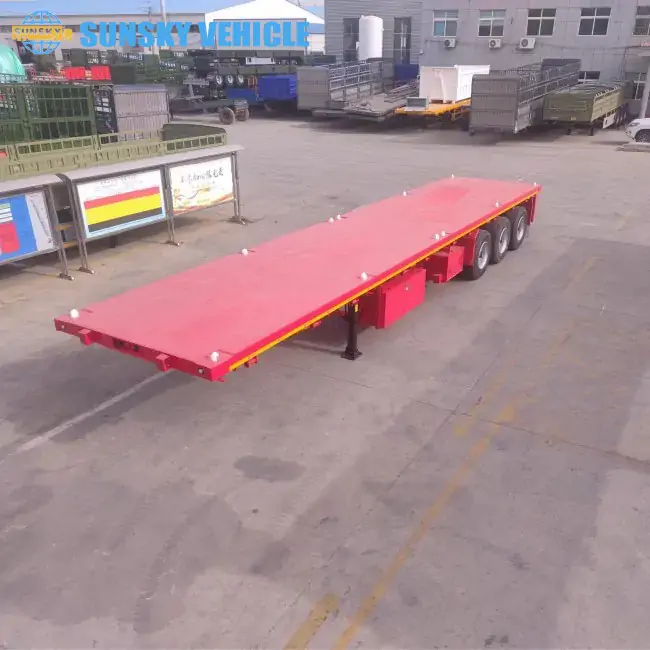
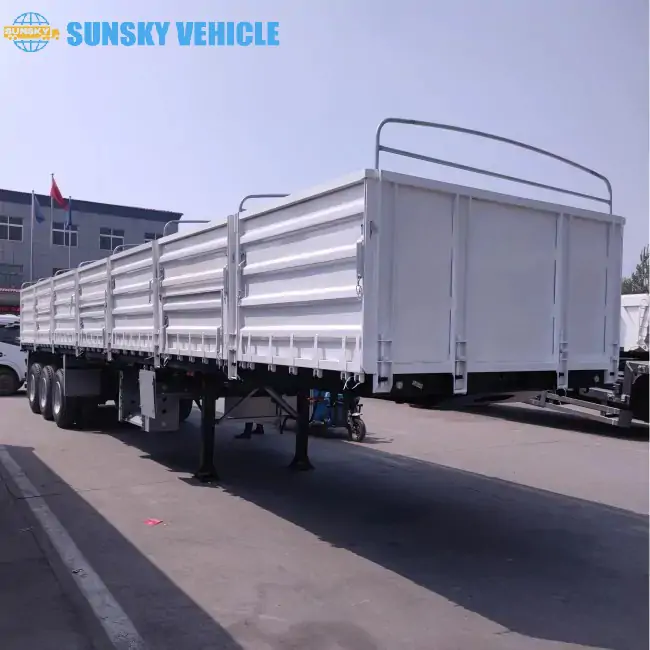
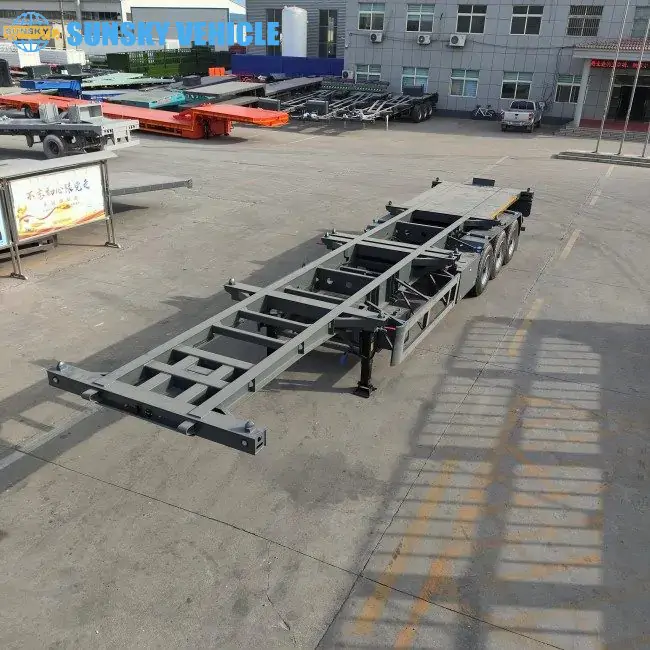
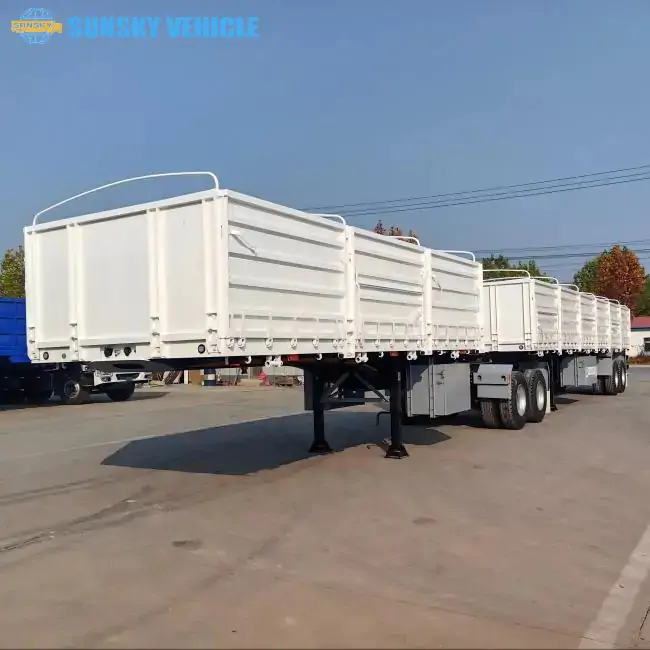

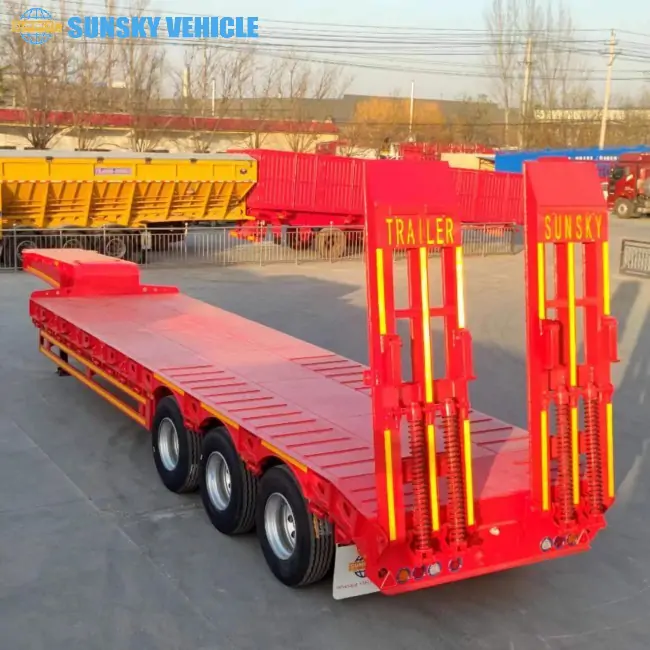
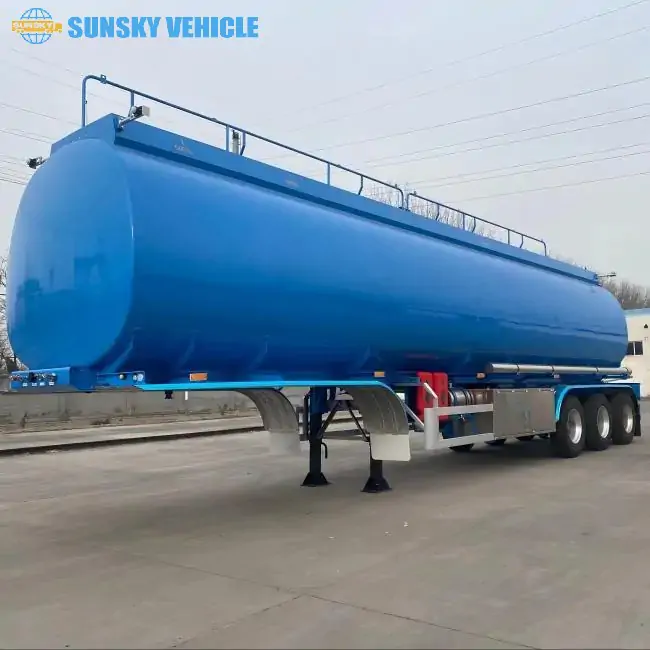
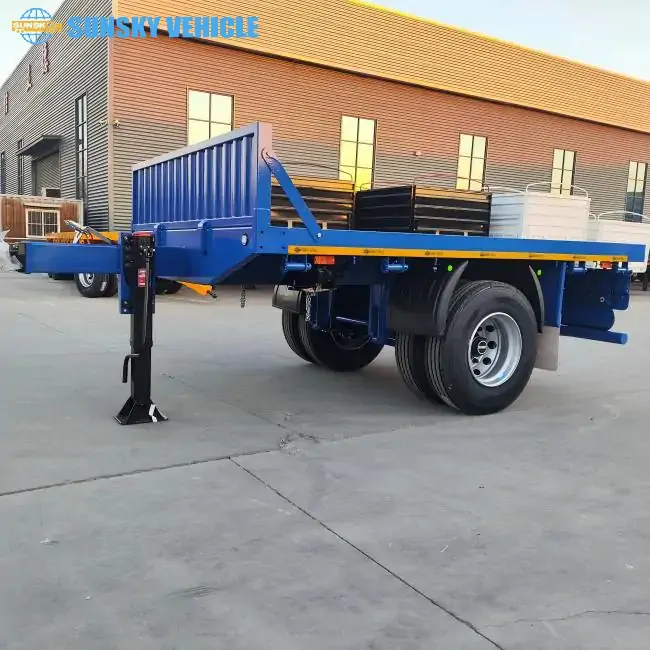
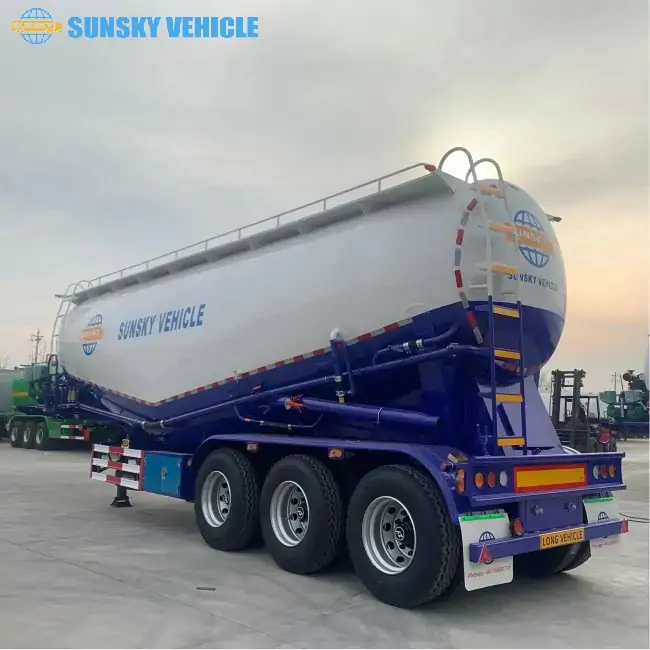
The trailer type you are looking for is not found
FAQ
How many vehicles can a standard car carrier trailer transport at once?
The number of vehicles a standard car carrier trailer, or auto transport trailer, can carry simultaneously varies based on its specific design, size, and the types of vehicles being transported. Generally, a typical open car hauler semi-trailer (the most common type) is designed to carry between 7 and 10 passenger vehicles such as sedans, SUVs, or light trucks. Smaller, often “hot shot” or “wedge” style vehicle transporters pulled by heavy-duty pickup trucks might carry 2 to 3 cars. Larger, specialized multi-level configurations, sometimes referred to as double-deck car haulers, can be optimized for slightly higher capacities. The final number depends heavily on the mix of vehicle sizes—for instance, hauling all SUVs will typically result in fewer vehicles than a load of compact sedans. Efficient loading techniques and strategic positioning are key to maximizing the payload while adhering to weight and dimension regulations.
What types of vehicles can be transported on a vehicle transporter?
A vehicle transporter, commonly known as a car carrier trailer or auto transport trailer, is designed for a broad range of vehicles, though specific trailer types might specialize. The most common vehicles transported include standard passenger cars (sedans, coupes, hatchbacks), SUVs (sport utility vehicles), and light-duty trucks (pickup trucks, vans). These form the bulk of new car deliveries to dealerships and used vehicle movements. Specialized versions of car haulers can also transport motorcycles, using specific securement racks, or ATVs/UTVs. For higher-value, classic, or luxury vehicles, enclosed car carriers are often used, providing extra protection from road debris and weather. While not designed for heavy machinery like bulldozers, they can occasionally transport smaller, non-running vehicles (e.g., for salvage or repair) if proper winching and securement methods are employed, making them incredibly versatile for automotive logistics.
How do auto transport trailers ensure vehicles are not damaged during transit?
Auto transport trailers, or car carrier trailers, are meticulously designed with multiple features to prevent vehicle damage during transit, ensuring cars arrive in pristine condition. Firstly, their core design incorporates adjustable, multi-level decks that can be raised, lowered, or tilted. This allows vehicles to be positioned precisely, avoiding contact with other cars or the trailer structure, and providing ample clearance. Secondly, and most critically, specialized securement systems are used. This includes heavy-duty wheel straps (often made of polyester webbing), which securely cradle each tire and prevent any vehicle movement. These straps are then tightly ratcheted down to designated anchor points on the trailer decks, eliminating shifting, bouncing, or swaying.
Thirdly, the trailer’s suspension system plays a vital role. Many car haulers utilize air ride suspension, which provides a much smoother ride than traditional mechanical suspensions. This significantly dampens road vibrations and impacts, protecting vehicles from shock-related damage. Lastly, experienced drivers employ careful loading techniques, often utilizing hydraulic ramps for gentle onboarding, and routinely check securement throughout the journey. This combination of thoughtful design, robust strapping, and skilled operation ensures that vehicles arrive at their destination free from transit damage.
What are the key safety features on a car hauler?
Safety is paramount for a car hauler, or auto transport trailer, due to the inherent risks of transporting multiple vehicles. Several key features are integrated to ensure secure operations. Firstly, robust securement systems are critical. Each vehicle deck is equipped with numerous lashing points and heavy-duty, commercial-grade wheel straps or chains to firmly secure each car’s tires, preventing any movement, swaying, or dislodging during transit. These systems meet stringent DOT regulations.
Secondly, advanced braking systems, typically air brakes with ABS (Anti-lock Braking System), are standard across all axles to provide reliable stopping power and prevent skidding, especially when fully loaded. Thirdly, the hydraulic systems controlling the adjustable decks and ramps are designed with safety interlocks and pressure relief valves to prevent accidental movement or overload. Fourthly, comprehensive lighting and reflective markings ensure maximum visibility of the long and often tall vehicle transporter on the road, particularly at night or in adverse weather. Finally, many modern car carrier trailers include integrated backup cameras and onboard weighing systems to aid drivers in safe maneuvering and ensure compliance with weight limits, enhancing overall operational safety.
How do car carrier trailer designs impact fuel efficiency and operational costs?
The design of car carrier trailers significantly impacts fuel efficiency and overall operational costs, as these are critical factors for auto transport businesses. One primary impact comes from weight optimization. Manufacturers strive to build auto transport trailers from high-strength, lightweight steel alloys or aluminum components without compromising structural integrity. A lighter empty trailer means more payload capacity and reduced fuel consumption per loaded mile.
Secondly, aerodynamic features play an increasingly important role. While not as streamlined as a dry van, some car haulers incorporate designs that minimize wind resistance, such as smoother deck transitions or specific fairings, especially on the upper decks. Reducing drag directly translates to fuel savings. Thirdly, the efficiency of loading and unloading directly affects operational costs. Hydraulically operated, easily adjustable decks and ramps that allow for quick vehicle placement minimize idle time at pickup and delivery points, improving driver productivity and trailer utilization.
Finally, the choice of suspension system, particularly air ride, contributes to lower maintenance costs by reducing wear and tear on tires and the trailer itself, due to a smoother ride. Optimized designs also facilitate easier securement of vehicles, reducing the risk of transit damage, which can lead to costly claims and repairs. Thus, a well-designed car carrier trailer is an investment in both fuel efficiency and overall operational profitability.
Connect with us
Ready to partner? We’re convinced Sunsky Vehicle is your best choice! Reach out through the form or by phone.

*Our team will answer your inquiries within 24 hours.
*Your information will be kept strictly confidential.


